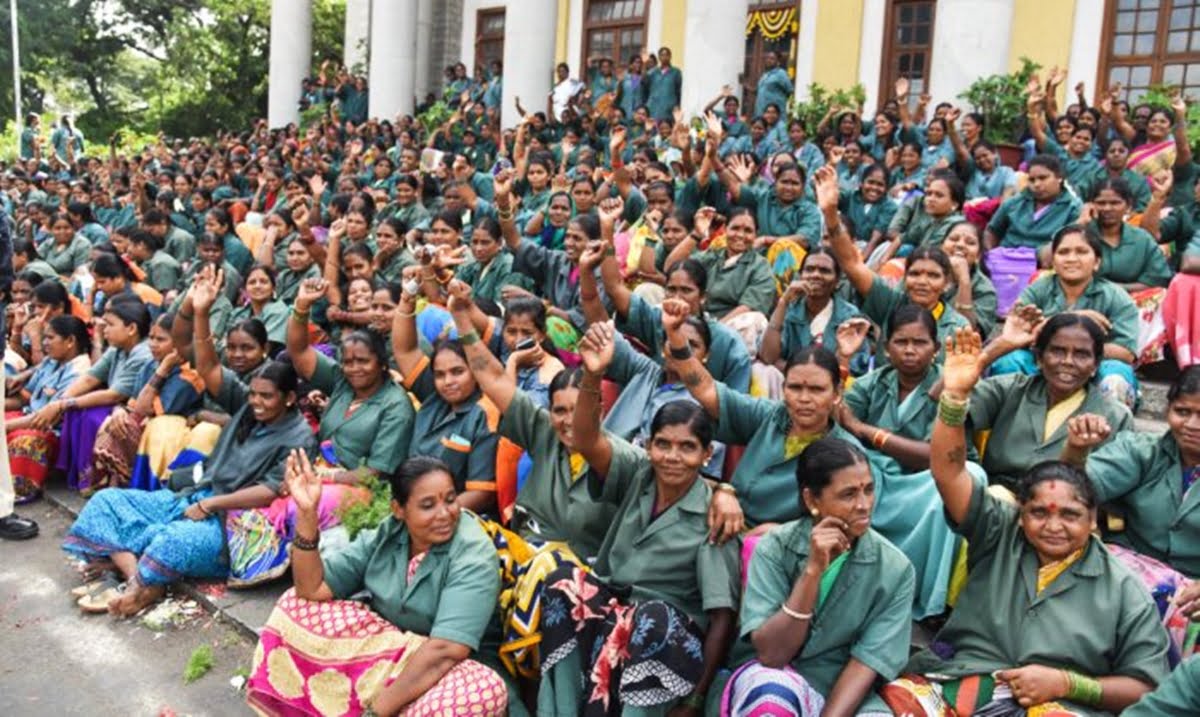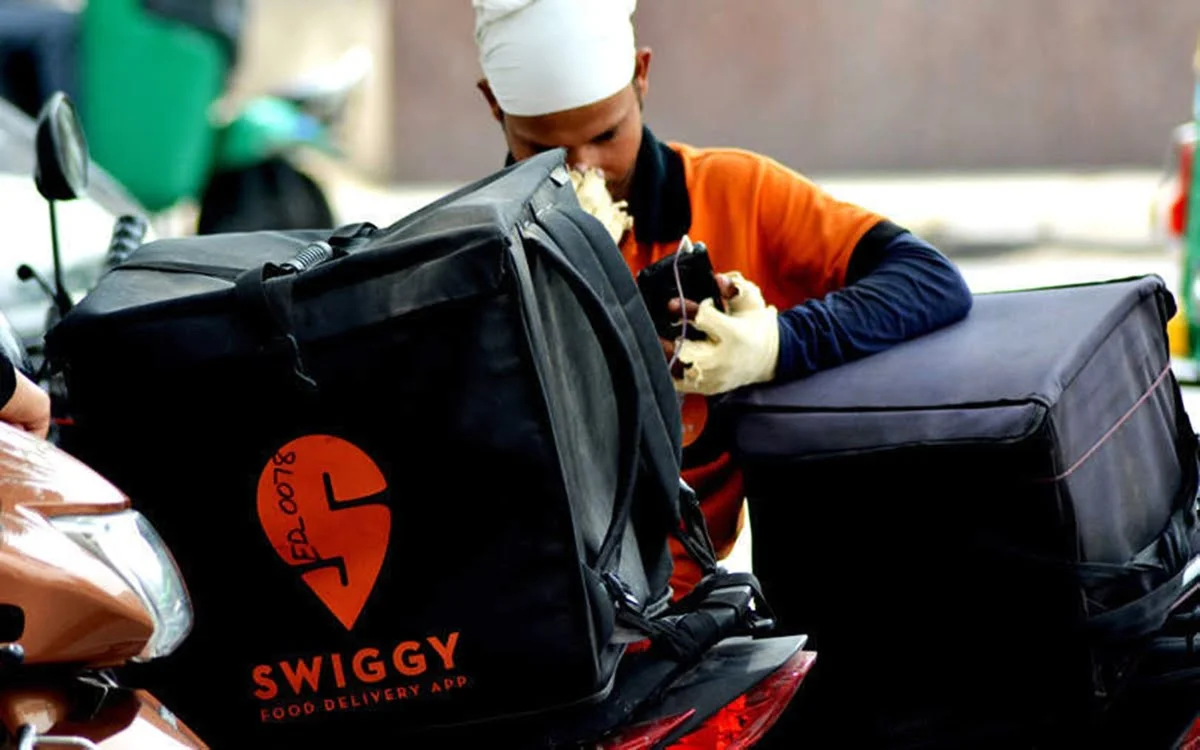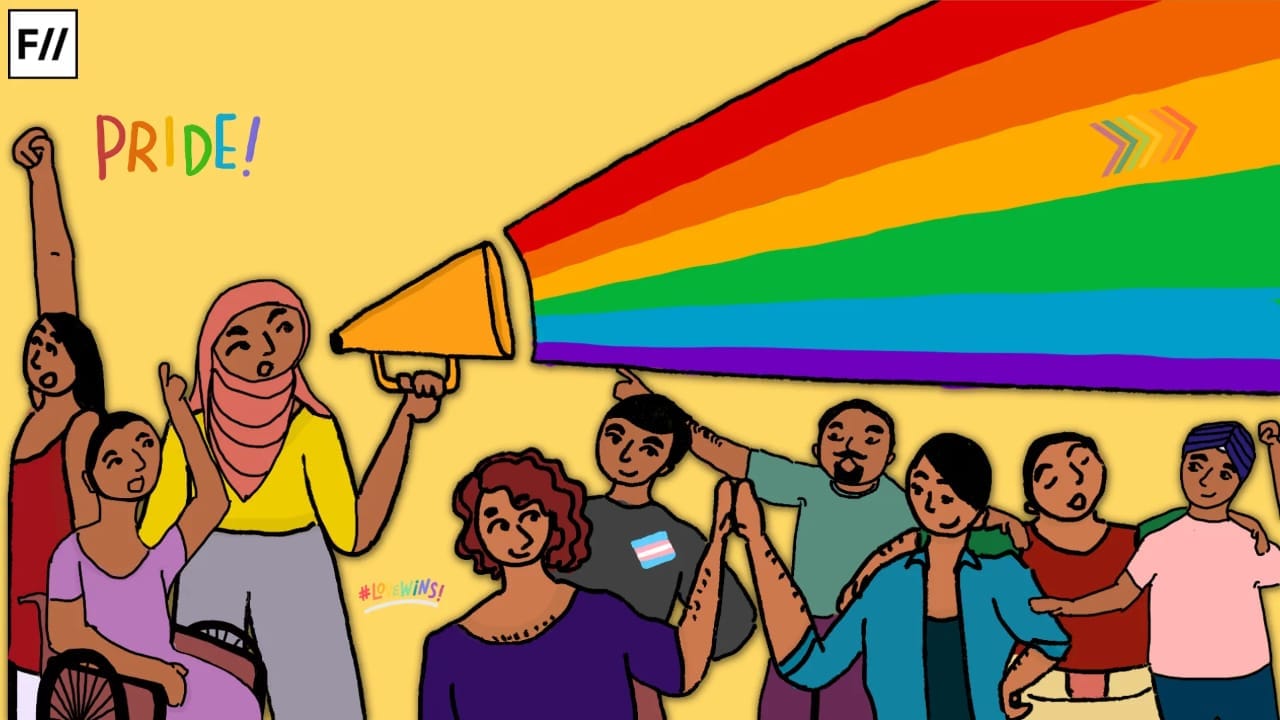“I can say that because of the lack of political will, and casteist mindsets, manual scavenging still exists. The system wants a particular community to clean its shit.” – Bezwada Wilson, Founder of Safai Karamchari Andolan
We are only now recovering, gradually and apprehensively, from the nightmare that was the second wave of COVID-19 in India. We will look back at this situation for years to come: the lack of oxygen cylinders, the overburdened hospital beds, the frantic circulation of calls for medicines, plasma, oxygen cylinders and urgent medical attention – and shudder in disbelief. A small spike in COVID-19 numbers is enough to trigger anxiety and hopeless anticipation of yet another lockdown, yet another month (or more) of isolation and fear of safety of our loved ones.
Even through this national-level disaster, some of us were privileged enough to be better off. COVID-19 was frequently labelled as ‘the great equaliser’ because the virus did not discriminate in who it infected. But was everyone truly affected the same? Did everyone have similar socio-economic privileges? Could everyone work from the safety of their homes? Could everyone afford to buy gloves, masks, sanitisers regularly?
Also read: In Conversation With Anita Mohanty: Talking About The Sanitation Workforce
COVID-19 was frequently labelled as ‘the great equaliser’ because the virus did not discriminate in who it infected. But was everyone truly affected the same? Did everyone have similar socio-economic privileges?
Who are sanitation workers?
Mitigating the blow of this pandemic-induced trauma were India’s frontline workers: journalists, doctors, delivery employees, and more. But among the frontline workers, we took some for granted, like the sanitation workers in India. Through the worst of the pandemic, their work required them to risk their and their family’s health to make our lives comfortable.
Who exactly are sanitation workers? According to Water Aid India, about nine categories of sanitation workers have been determined: workers engaged in “cleaning sewers, cleaning latrines, faecal sludge handling, railway cleaning, work in waste treatment plants, community and public toilet cleaning, school toilet cleaning, sweeping and drain cleaning, and domestic work.” These jobs are indispensable to our society’s everyday functioning, yet this work and the ones who were doing this work, were severely overlooked. What appears to us now as a panic-stricken blur in the past is a very real threat to the workers, who are working tirelessly on ground even now.
Sanitation work and caste
Sanitation work is linked to the caste system in India, a systemic form of oppression rooted in the redundant and archaic notions of purity and pollution. An article on Taylor & Francis says, “Those involved in it [sanitation work] belong to the historically discriminated groups of India’s population. They come from oppressed communities, including Dalits and Scheduled Castes, who were at one point of time forced into this dehumanising occupation.”
2016 Magsaysay Award winner and Founder of the Safai Karamchari Andolan (SKA), Bezwada Wilson also offers an explanation to The Wire for why manual scavenging, arguably the most dehumanising of all forms of sanitation work, persists in India:
“Because of the dirt in the minds of society and policymakers. Our [SKA’s] movement to eradicate manual scavenging is basically a movement to break the shackles of caste. It directly questions patriarchy and caste-based discrimination. It exposes the whole sanitation system, which is terribly casteist.”
Sanitation workers during the pandemic
Sanitation workers in India, even in the absence of a global pandemic, are a vulnerable group. But during this time, despite their relentless work, they were still neglected as frontline workers.
Even as recently as June 2021, sanitation workers were protesting against the mistreatment they were subjected to. One of their grievances was the non-provision of basic safety gear like masks and gloves. This is just an example of several instances wherein these basic safety measures were lacking: this concern has cropped up multiple times in cities across the country. This equipment is essential even in their everyday work, given that they are forced to contact hazardous chemical or solid waste regularly. But during the pandemic, it becomes even more crucial to offer protection from the virus, especially when one of the main requirements to control the virus was to stay home, wash hands and maintain six feet distance and our sanitation workers cannot afford to do that. Even for those who do not have to step outside of our homes or engage in manual work, life without masks, gloves, and sanitisers is unimaginable. Yet hardly any heed is paid to the COVID warriors who need it the most.
Sanitation workers are quite literally invisible to us as a society that has been conditioned by caste-based supremacy. There is no national data available on the COVID positivity and death rates of sanitation workers. A May 2021 article on The Wire states, “Even with a recent data study showing that over half of the COVID-19 deaths among employees of the three municipal corporations of Delhi were among safai karamcharis, there is still no nationwide record of similar data. Nor is there uniform insurance or compensation schemes for sanitation workers who have been at the frontline of the fight against the pandemic.”
Also read: How To Help Sanitation Workers During COVID-19?
How can one make adequate provisions for the sanitation workers when the actual numbers of the people engaged in this work do not reflect in official records? The lack of accurately collated data prevents families of sanitation workers from receiving compensation in case of the workers’ deaths due to COVID.
Now and then, all we see are nuggets of information and data on the deaths of sanitation workers in different parts of the country. How can one make adequate provisions for the workers when the actual numbers of the people engaged in this work do not reflect in official records? The lack of accurately collated data prevents families of sanitation workers from receiving compensation in case of the workers’ deaths due to COVID.
Take action
Jhatkaa.org has launched a petition demanding health safeguards for sanitation workers during the pandemic. We demand: A regular supply of safety gear like masks, gloves and sanitisers for sanitation workers, proactive record-keeping so that families of deceased safai karamcharis can receive compensation, monthly health screenings for sanitation workers and allowance for sick leave with pay.
As illustrated by Bezwada Wilson, there is little incentive for authorities to prioritise sanitation workers’ well-being. We need to build public pressure and show that citizens demand the safety of our frontline workers. Stand with sanitation workers. Sign the petition now!
Featured image source: Deccan Herald
About the author(s)
Manasi is a Gender & Sexuality campaigner at Jhatkaa.org. She is the former Digital Editor at Feminism in India and a researcher in the field of women and work. She hopes to keep learning and unlearning about feminism and intersectionality, and to create meaningful impact through her work.



